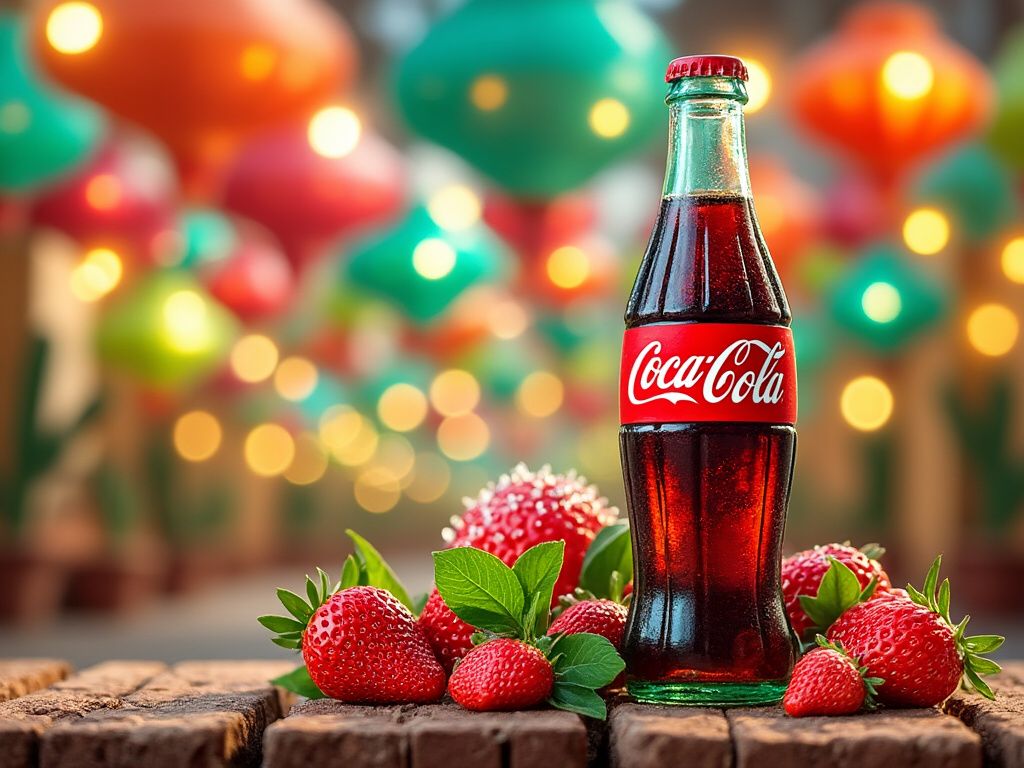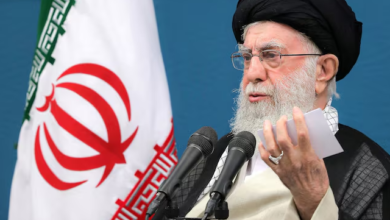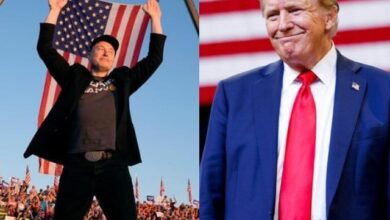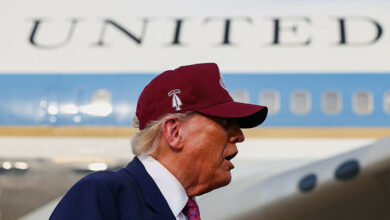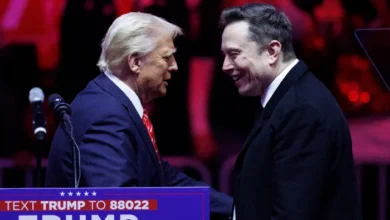In recent years, a fizzy phenomenon has bubbled up in the American beverage market: the increasing demand for Mexican Coca-Cola. This isn’t just a tale of soda; it’s a story interwoven with cultural preferences, trade policies, and a dash of nostalgia.
**Why Mexican Coke?**
The allure of Mexican Coca-Cola, often referred to as “Mexicoke,” lies in its formulation and packaging. Unlike its American counterpart, which uses high-fructose corn syrup, Mexican Coke is sweetened with cane sugar, offering a taste that many consumers describe as cleaner or more authentic. This difference in ingredients has not only sparked a debate among soda aficionados but has also driven a significant demand increase in the USA. The glass bottle, which some argue preserves the flavor better than plastic or aluminum, adds to its appeal, evoking a sense of nostalgia for a bygone era of soda consumption.
**The Cultural Shift**
The preference for Mexican Coke can be seen as part of a broader cultural shift towards products perceived as more ‘natural’ or ‘authentic’. This shift is reflected in various consumer trends, including the rise of craft sodas and the backlash against high-fructose corn syrup. Moreover, the cultural cachet of Mexican Coke has been boosted by its association with a more artisanal or traditional approach to soda making, even though it’s still produced by a global corporation.
**Economic and Trade Factors**
The increase in Mexican Coke’s popularity isn’t just about taste; it’s also about economics. Following trade disputes and changes in sugar tariffs, Mexican Coca-Cola found a lucrative market in the U.S. The WTO rulings against Mexican sugar protection measures inadvertently helped position Mexican Coke as an exotic alternative to the domestic option. Furthermore, the North American Free Trade Agreement (NAFTA) and its successor, the USMCA, have facilitated easier trade across borders, making Mexican Coke more accessible to American consumers.
**The Impact of Social Media and Marketing**
Social media platforms, like X, have played a pivotal role in amplifying the trend. Posts highlighting the uniqueness of Mexican Coke, often contrasting it with American Coke, have gone viral, contributing to a sort of cult following. This organic marketing has been bolstered by Coca-Cola’s own marketing strategies in Mexico, which have historically been aggressive, involving sponsorships of major events like the Olympics and the World Cup, indirectly promoting the brand worldwide.
**A Broader Trend**
The demand for Mexican Coke in the USA also mirrors a larger trend where Mexican products are gaining ground. For instance, Mexican beer brands like Modelo Especial have overtaken traditional American beers in sales, reflecting changing consumer tastes and perhaps a broader acceptance of Mexican culture in the U.S.
**Conclusion**
The story of Mexican Coca-Cola’s rising demand in the USA encapsulates more than just a preference for one soda over another. It’s a narrative about taste, nostalgia, trade policies, and cultural exchange. As consumers increasingly seek out what they perceive as authentic or superior products, Mexican Coke stands out as a sweet testament to these evolving preferences. Whether this trend will continue to grow or eventually fizzle out remains to be seen, but for now, Mexican Coca-Cola has carved out a significant niche in the American market, one glass bottle at a time.

